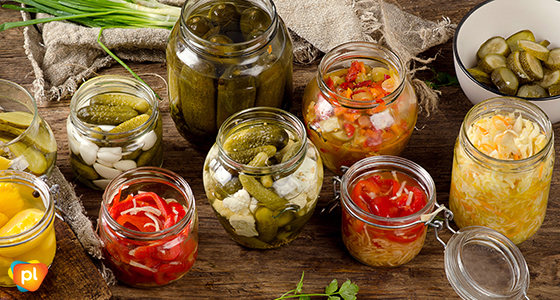
Gut bacteria, gut bugs, gut microbiome…no matter what you call it, no doubt you’ve heard of it.
What exactly is gut microbiome?
The gut microbiome is an ecosystem of tiny micro-organisms such as bacteria, viruses, and fungi that live in our gut like the insects, animals and trees found in a rainforest. The large intestine, or bowel, has the greatest number of microbiota in our body.
Below is a YouTube video about the human microbiome.
Why is it so important?
Gut microbiome play an important role in digesting the food we eat and assisting our body to change food into energy and other nutrients we need. They also help balance the immune system and maintain a healthy body weight.
Is my gut healthy?
Many factors like poor eating habits, some medications, illness, or stress can compromise gut health. If you are experiencing any uncomfortable gut-related symptoms, get checked by your doctor before you make any changes to your diet.
What can I do to keep my gut happy?
A healthy lifestyle is the best first step you can take towards a happier and healthier gut.
To give your friendly bacteria a helping hand:
- Eat a diverse range of foods.
- Take part in regular exercise.
- Get enough sleep. Achieving between seven and nine hours of sleep per night for adults is the goal.
- Try to manage your stress as much as you can e.g. try mindfulness meditation.
- Drink around eight glasses of water a day, and more if it is humid or if you’ve been sweating.
Can I increase the diversity of the good bugs in my gut?
The answer is yes!
Here are several simple ways to keep your good bugs happy and improve your gut health.
- Eat plenty of plant foods and fibre. Include a rainbow of fruit and vegetables, nuts, seeds, whole grains, lentils and beans in your diet.
- Include prebiotic foods that feed your ‘good guys’, like chickpeas, lentils, baked beans, brussels sprouts, artichokes, asparagus, garlic, onion, leek, barley, rye bread, oats, and green slightly unripe bananas.
- Get your daily dose of probiotic foods (live ‘friendly’ bacteria) these include fermented dairy foods like yoghurt, kefir and certain cheeses, and some naturally fermented foods such as sauerkraut, kimchi, miso, and tempeh.
If you have any questions, or need any specific advice on obtaining prebiotics and probiotics for your own specific health needs, or would like to chat to a dietitian, especially if you have gut issues, then please call The Albion Centre on (02) 9332 9600 to make an appointment. Right now, we’re offering telehealth (video and phone) appointments.
– The Albion Centre nutrition team
Published in Talkabout #202 April 2022






